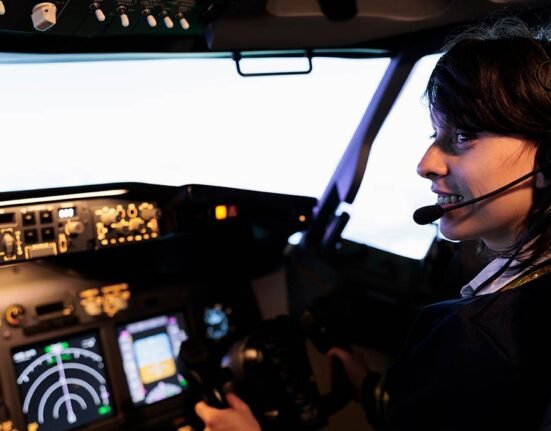Travel– is something that captures the attention of social media posts and the admiring likes and comments of dedicated friends and followers. Having been idealised, travel is being looked up to as a form of leisure, rejuvenation, family time and of course time for posting on social media! With such a hype being created around this concept, what makes some people choose to travel, and some not? Why do some seem to visit exotic locations and others post pictures from their daily haunt? What makes some post often about their travel and food experiences, whereas others limit their posts?
This week we will look at a curated set of articles specifically designed to address these very ideas of-travel, food and social media, providing insight on how it links back to your personality! To dive right into the topic, let us kick off this series of articles with an understanding of why we pick the travel routes that we do!
“Two roads diverged in a wood, and I– I took the one less travelled by”
— Robert Frost (The Road Not Taken)
As humans, each of us faces numerous problems in our day-to-day life. A common task most of us face en-route to college or work or any visit, is which route should we take? Should we take the main route or the one less travelled by? In this seemingly simple decision-making situation, surprisingly we all pick different options. With GPS systems readily providing us route-choices with additional information regarding each route, this simple decision is not that simple after all!
Each of us pick a different choice and base it on our preferences such as time taken to travel, amount of traffic, type of road, aesthetic appearance and more. However, our innate personalities also affect our route-choice!
Beginning with the research of Fiske (1949), the Big Five Personality Traits have grown to be recognised as the core five personality traits. Also known by the acronym OCEAN, the Big Five Model stands for
- Openness to Experiences: This refers to the tendency of individuals to be interested in a range of activities, be adventurous and creative
- Conscientiousness: It refers to behaviour such as thoughtfulness, impulse control, and goal-directed behaviour
- Extraversion: Also known as extroversion, this trait is indicated by assertiveness, sociability, talkativeness, emotional expression, and excitability
- Agreeableness: Those high on agreeableness are empathetic, care about and are interested in others and enjoy contributing to and assisting others
- Neuroticism: This trait refers to sadness, emotional instability, and moodiness of an individual.
Here is a link if you wish to take the Big Five Personality Test: https://www.123test.com/personality-test/
Tawfik and Rakha (2012) investigated the human aspects of route-choice behaviour. They used data from a driving simulator experiment, an in situ driving experiment in real-world conditions and a naturalistic real-life driving experiment, which provided information of 109 drivers, 74 route-choice situations and 8644 route choices. Based on this data, it was found that the personality traits of the drivers played a significant role in route-choices. Personality traits such as neuroticism, extraversion and conscientiousness increased route-switching behaviour, whereas openness to experience and agreeableness decreased the same. These choices were also influenced highly by travel speed but not so much by travel distance.
Two other factors that have been proven to play a role in the choice of the route while travelling are – geographic abilities and sensation-seeking abilities. Geographic abilities, also known as spatial abilities indicate the individual’s capability to perceive and use information in relation to spatial features such as giving directions, visualise routes, identifying landmarks, sketching maps, etc. The second factor, sensation-seeking refers to a person’s tendency to seek different sensations, feelings and experiences.
A study by Albert, Toledo and Ben-Zion (2011) examined the role of personality factors in repeated route choice behaviour. The investigated the effect of factors such as geographic abilities, sensation-seeking characteristics and network familiarity on route-choice as well as route-switching behaviour. A group of 54 undergraduate students, aged 23 to 30 years were chosen for this experiment. The participants were assessed using a route-choice assignment and a questionnaire, to identify those factors which influenced their routs-choice.
In the findings of this study, it was indicated that participants with high geographic abilities as well as those with high sensation-seeking scores switched their routes more frequently and also opted to travel by the alternative route more often than the main route. Further, the extent of familiarity was negatively associated with the frequency of switching routes. Another study by Shiftan, Bekhor and Albert (2011) resulted in similar findings. Results stipulated that the more an individual shows experience seeking tendencies, the greater their preference for a route with a lower average time, but with a greater variance of travel time.
So the next time you think why did he/she pick this route and not the one I prefer, you have your answer! It’s their personality traits in play. Maybe you could even go a step ahead and try to deduce their personality traits based on their driving behaviour!












Leave feedback about this